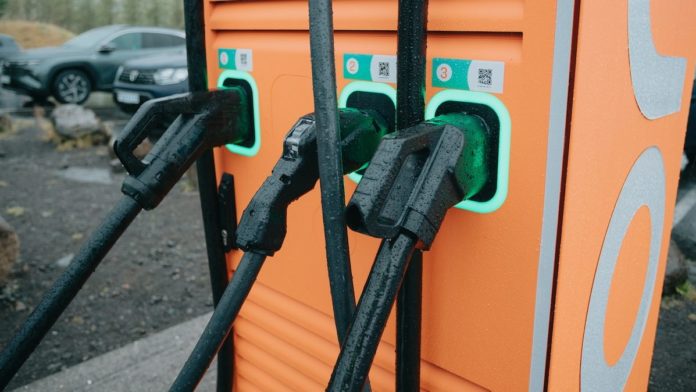As part of the new Labour government’s manifesto, the ban on new petrol and diesel vehicles is expected to be brought forward to 2030.
And Brits appear to be getting ready for this transition, with almost half of electric vehicles in the UK being registered in the last two years alone. However, despite this recent increase in EV adoption, there are still many misconceptions around electric vehicles that may discourage motorists from making the switch.
So, to help motorists separate fact from fiction, the automotive experts at Vertu Motors have shared and debunked five of the most common myths surrounding electric vehicles.
Myth 1: An EV can’t travel far enough
Thanks to improvements in battery technology, modern electric vehicles can now go between 100 and 300 miles on a full charge, with many high-end models able to travel even farther.
Since the average UK car journey is just 8.4 miles[2], most drivers will find that an EV easily meets their daily travel needs. And, as technology keeps improving, EV range on a single charge will inevitably continue to increase.
Myth 2: I don’t have a driveway so can’t easily charge an EV
About 6.6 million UK households don’t have private or off-street parking, but that doesn’t mean they can’t own an EV or have easy access to charging points.
Last financial year, £37 million was made available through the Government’s On-Street Residential Chargepoint Scheme (ORCS). This means that, if on-street charging isn’t available in your area yet, your local council might be working on it.
Also, if you commute to an office, the Government Workplace Charging Scheme offers financial help to organisations for buying and installing charge points. While individual employees might not control whether their business opts into this scheme, it is still worth discussing with your employer as it could provide you with more convenient charging options.
Myth 3: There aren’t enough public chargepoints available
Range anxiety is one of the main concerns for EV drivers, potentially putting off motorists looking to make the switch. However, there are currently over 64,000 public charge point connectors across the UK – with this figure set to rise to 300,000 by 2030 – providing plenty of opportunity to recharge on the road.
What’s more, new electric vehicles feature navigation systems that can direct you to a suitable charge point, and there are many online resources, like electric car charging maps, to help you find charging stations.
Myth 4: An EV will take too long to charge
While many owners will leave their EV to charge overnight, or when working during the day, slower charging speeds are not the only available option.
With the onset of rapid charging technology, you can often charge an EV battery from 10% to 80% in as little as 30 minutes, depending on the model. On longer journeys, this also allows for a short break from driving, which offers a good opportunity to rest and keep energy levels up.
Myth 5: EV batteries don’t last long and will end up in landfill
Electric vehicles have a much lower impact on the environment, when compared to petrol and diesel vehicles. However, concerns have been raised about the short lifespan of EV batteries and their disposal in landfills.
In fact, EV batteries last much longer than reported, with most manufacturers providing at least an 8-year or 100,000-mile warranty. Moreover, once an EV battery reaches the end of its life, the batteries will be sent back to the manufacturer to be recycled, not to a landfill.

